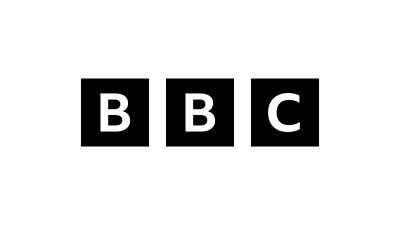DDU’s complaint against BBC Newsround
The BBC has a public duty, enshrined in its own Guidelines and Framework, to maintain impartiality and balance. Its Newsround programme on CBBC, which includes clips of Professor Kehinde Andrews presenting the concept of white privilege as if incontrovertible fact, with no alternative viewpoint offered, breaches its own standards. We wrote a letter of complaint. Below is the BBC’s response, and our resubmission letter to the Executive Complaints Unit.
BBC’s reply to our original complaint – received 27 October 2023
Dear Dr Sehgal Cuthbert
Thanks for contacting us about the Newsround article ‘White privilege: What is it and how can it be used to help others?’ (https://www.bbc.co.uk/newsround/52937905)
Whilst we appreciate your feedback, this article was first published on 17 June 2020. The date showing 28 September is a republication and this was done in error.
We are therefore unable to investigate your complaint, as this is out of time as defined under the BBC’s Complaints Framework.
Our framework states that if you make a complaint about content currently published on a BBC website, you should make it within 30 working days of the date when it first appeared online:
https://www.bbc.co.uk/contact/sites/default/files/2020-06/BBC_Complaints_Framework.pdf
Nonetheless, please rest assured that your comments have been circulated to senior management on our audience feedback report, for their consideration.
Thanks for contacting us.
Kind Regards,
BBC Complaints Team
www.bbc.co.uk/complaints
Our response to the BBC Complaints Team
Tuesday 8 November 2023
Re: Case number CAS-7670873-H7K0V7
Dear Sir/Madam,
Thank you for your response of Friday 27 October in which you state that our complaint falls out of the time limit as defined in the BBC’s Complaint Framework. However, in error or not, it was re-published on 28 September, and therefore our complaint is within the 30 day limit. We find the BBC’s response unconvincing, and would therefore like our substantive original complaint to be reconsidered by the Executive Complaints Unit. I will notify the BBC Board of our complaint as they have an interest in institutional independence and the interests of the license fee payers.
The presentation of the concept of ‘white privilege’, and its use to explain ‘’why white people didn’t want to team up with black people after slavery was banned’ breaches the following rules from the BBC Editorial Guidelines:
- 3.6 and 3.3.16 – which concern checking accuracy of content to avoid misleading the public.
- 3.28 and 5.3.1 – Andrew’s assertion that ‘white people didn’t want to team up with black people after slavery’ is factually incorrect. No acknowledgment that this is opinion rather than fact, or clear signalling of challenging content has been made.
- 3.2, 4.3.12, and 4.3.13 – in failing to give due weight, in this case to consensus views, the BBC jeopardises its duty to impartiality. Professor Andrew’s open commitment to a politically partisan outlook based on Critical Race Theory is not acknowledged, and no challenging voice is presented.
- 3.38, 5.3.39 – in presenting the opinion that white people are privileged due to their skin colour, and are therefore implicitly racist, with no challenge, the BBC endorses a derogatory portrayal of the ethnic majority of the British public who happen to be white, with no editorial justification.
- 1 – There is a conflict of interest in the BBC’s employment of Professor Kehinde Andrews, whose own interests in radical black politics, and academic work rooted in a speculative critical social theory which does not meet standards of empirical or logical verification, mean that without due care to meet its own duty of impartiality, the BBC risks reputational damage.
I look forward to hearing from you within the 10 days limit.
Regards
Dr Alka Sehgal Cuthbert
Director
